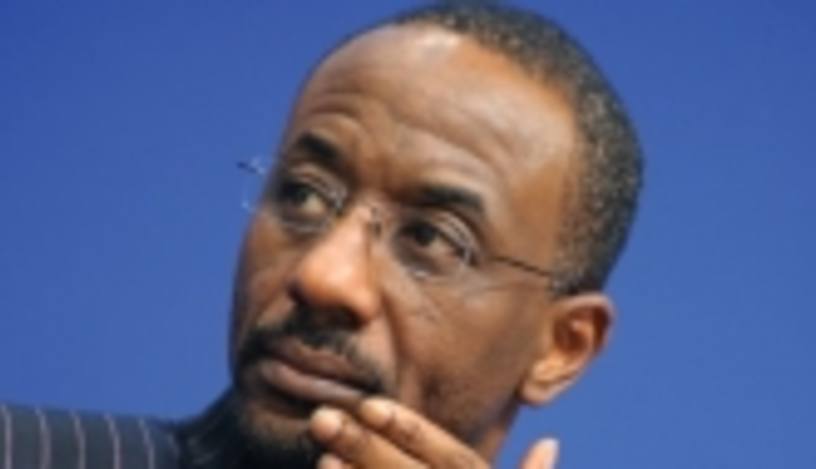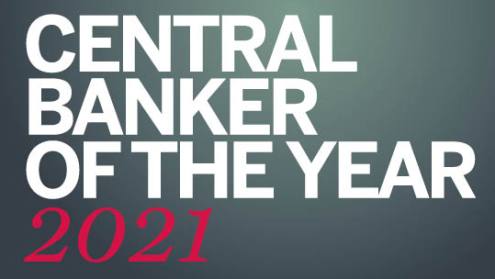Central Bank Governor of the Year, Global and Africa
Lamido Sanusi, Central Bank of Nigeria
In the 18 months that he has been in office, Lamido Sanusi has salvaged a crumbling financial sector, taken on Nigeria's powerful and corrupt bank managers and initiated reforms that have put Africa's most promising market back on the map for investors.
Few candidate names can generate an overall consensus on judging panels and yet, when it came to finding the best global central bank governor of the year, Mr Sanusi was chosen unanimously.
He embarked on a radical anti-corruption campaign aimed at saving 24 banks on the brink of collapse and pressed for the managers involved in the most blatant cases of corruption to be charged and, in the case of two senior bankers, imprisoned.
"Getting convictions for these rich and powerful individuals sent a very strong signal across Nigeria that the time for corruption was coming to an end," Mr Sanusi tells The Banker. His biggest challenge, he concedes, was facing up to people who held considerable sway in the country, but he insists that "once the public was made aware of the scale of corruption, then pressing for change became easier".
Two months into his governorship, Mr Sanusi embarked on the bailout of Afribank, Intercontinental Bank, Union Bank, Oceanic Bank and Finbank and dismissed their chief executive officers in a move designed to show that the corruption that had become endemic in these banks would no longer be tolerated.
Another key reform of the banking sector introduced by Mr Sanusi has been to limit the tenure of bank CEOs to a maximum of 10 years: they will have to leave office at the end of their term regardless of their record. This policy has already led to change of leadership at UBA, Zenith and Skye banks.
The reforms initiated by Mr Sanusi have been hailed as necessary to sanitise the banking industry. Observers have argued that, had these reforms not been initiated, Nigeria would have entered into another round of banking distress. The implementation of stricter disclosure policy by the Central Bank of Nigeria has also led to a culture of greater transparency in the sector.
Asked about his reforms, Mr Sanusi says they were built around four pillars: enhancing the quality of banks, establishing financial stability, enabling healthy financial-sector evolution and ensuring that the financial sector contributes to the real (non-financial) economy. "Until now, the banking system was servicing the banking sector and not the economy as a whole. What we want to ensure now is that the banking industry services Nigeria," says Mr Sanusi.












